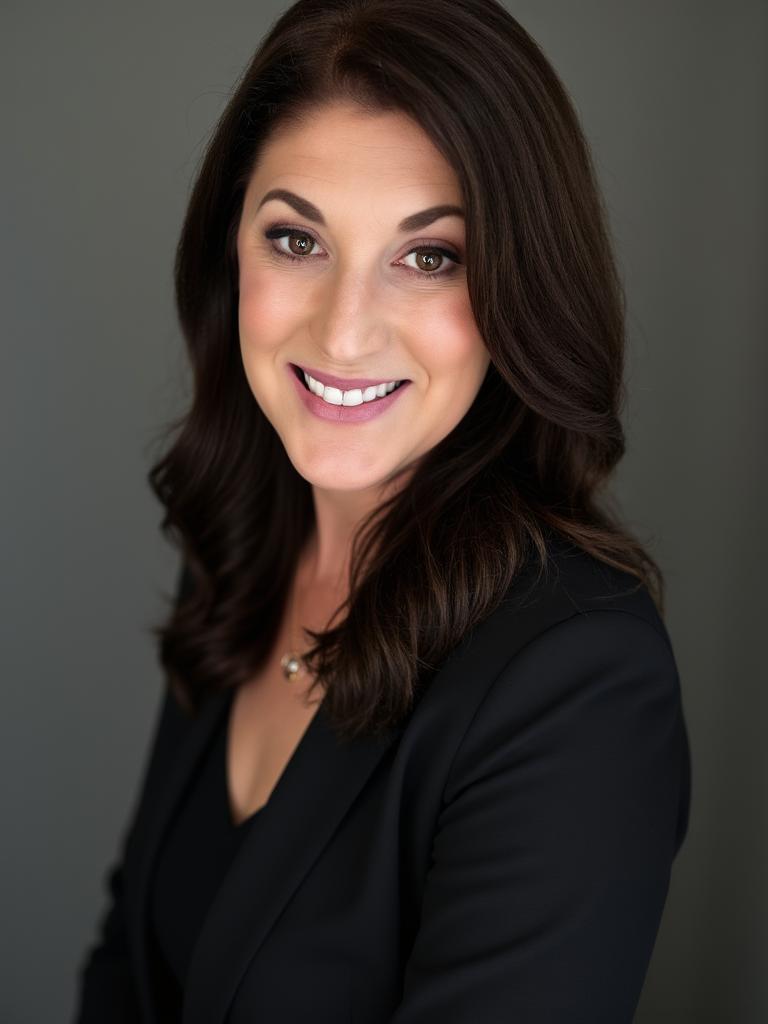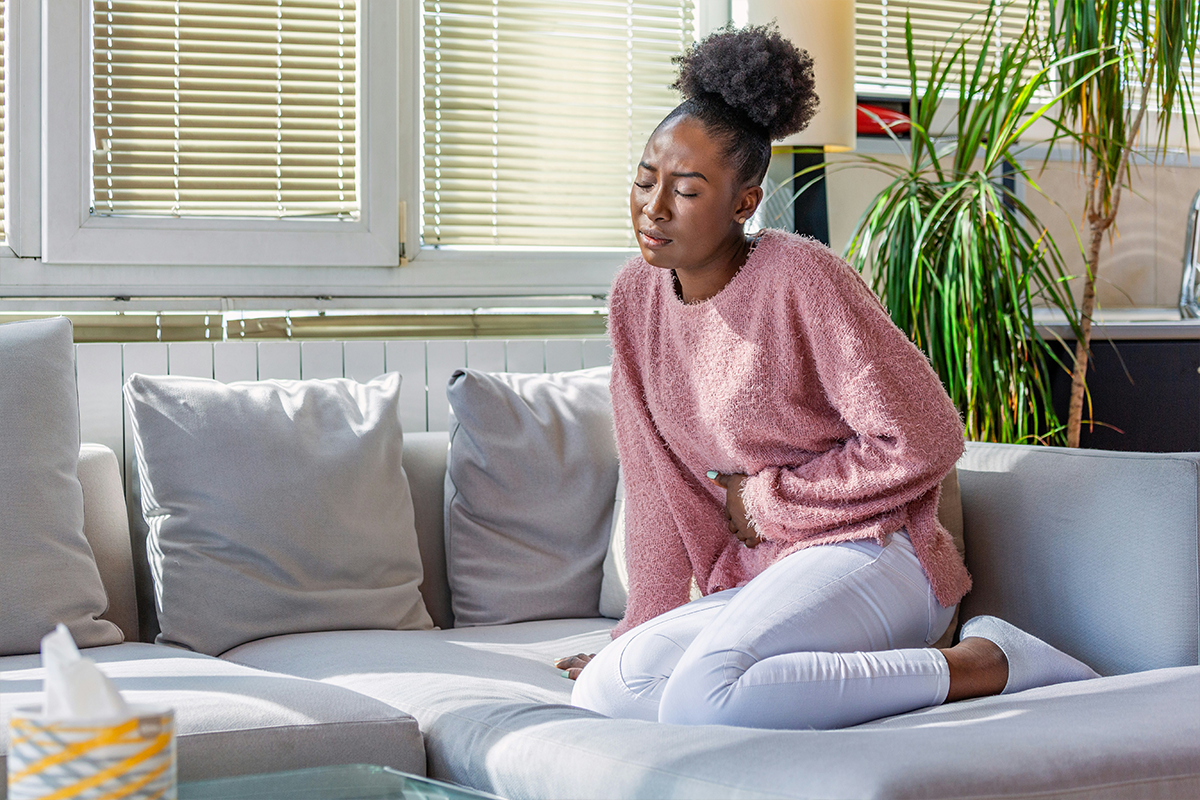Ever had that embarrassing moment when you're laughing so hard, and suddenly... oops? If you've experienced peeing when coughing or laughing, you're not alone. This common issue, known as stress urinary incontinence (SUI), affects millions. Whether it's a few drops or a full-on accident, urine leakage during laughter can be frustrating and uncomfortable. But why does it happen? Is it normal to pee when you laugh? And most importantly, what can you do about it? In this article, we'll dive into the causes of urinating while laughing and explore practical solutions to help you laugh freely without worrying about unexpected leaks.
Why do you pee when you laugh?
When you laugh, your abdominal muscles contract, putting sudden pressure on your bladder. Normally, the pelvic floor muscles and urethral sphincter work together to keep the urethra closed, preventing urine from escaping. However, in people with SUI, these muscles may be weakened or damaged, leading to involuntary urination while laughing or during other activities that increase abdominal pressure.
Several factors can contribute to stress urinary incontinence and increase the likelihood of peeing when laughing:
- Pregnancy and childbirth
- Menopause
- Obesity
- Chronic coughing
- Certain medications
- Pelvic surgery
- Pelvic overactivity or tightness
Lifestyle factors like caffeine and alcohol consumption can also exacerbate symptoms.
Managing urine leakage
If you're experiencing stress urinary incontinence, there are several strategies to manage and potentially improve your condition:
- Pelvic floor exercises (Kegels)
- Lifestyle changes (weight loss, reducing caffeine intake)
- Bladder training techniques
- Use of incontinence products
- Strengthening hips, glutes, core and hamstrings
In some cases, medical interventions (1) such as medication or surgical procedures may be recommended. Remember, while peeing from laughing or experiencing urine leakage can be embarrassing, it's a treatable condition. Don't hesitate to consult a healthcare provider for personalized advice and treatment options.
Who is at risk?
Age and gender factors
As you age, the risk of experiencing stress urinary incontinence (SUI) increases. While it is not a normal part of aging, about half of women over 65 have SUI (2). This condition is more prevalent in women, but men can also be affected, especially after prostate surgery.
Lifestyle and health conditions
Your lifestyle choices can significantly impact your risk of SUI. Being overweight or obese puts extra pressure on your pelvic organs, increasing the likelihood of urine leakage (3). Smoking is another risk factor, as it can lead to chronic coughing, which strains the pelvic floor muscles. If you've experienced peeing when laughing or urinating while laughing, and you smoke, this habit may be contributing to your symptoms.
Certain health conditions can also increase your risk of stress urinary incontinence (4). These include:
- Chronic coughing (often associated with conditions like COPD)
- Diabetes
- Neurological disorders (e.g., multiple sclerosis, Parkinson's disease)
Pregnancy and childbirth
For those who've been pregnant or given birth, you may be more susceptible to SUI. Vaginal deliveries, in particular, can weaken the pelvic floor muscles, leading to issues like peeing from laughing or urine leakage during physical activities (5). Multiple childbirths can further increase this risk. However, incorporating postnatal pelvic floor exercises can help restore strength and function to these muscles. It's important to note, though, that the relationship between pregnancy, childbirth, and SUI is complex and still being studied.
How to manage and prevent peeing when laughing?
Strengthen your pelvic floor
If you're wondering why you pee when you laugh, it's likely due to stress urinary incontinence (SUI). The good news is that you can take steps to manage and prevent this issue. One of the most effective strategies is to strengthen your pelvic floor muscles through Kegel exercises. These simple yet powerful exercises can significantly improve bladder control and reduce instances of urinating while laughing.
To perform Kegels, imagine you're trying to stop the flow of urine. Tighten those muscles for 5-10 seconds, then relax. Repeat this 10-15 times, three times a day. Consistency is key - make Kegels a part of your daily routine for best results. The key benefits of kegel exercises include increased bladder control, reduced urinary leakage, improved sexual function and relief from pelvic pain.
Using a device like the Perifit Kegel exerciser can help strengthen pelvic floor muscles through biofeedback and resistance training.
Lifestyle modifications
Making some simple changes to your daily habits, along with exploring natural remedies for incontinence, can help prevent urine leakage when laughing or during other activities. Try these tips:
- Maintain a healthy weight to reduce pressure on your bladder
- Avoid bladder irritants like caffeine and alcohol
- Practice "double voiding" - after urinating, wait a moment and try again to fully empty your bladder
- Use the restroom at regular intervals throughout the day aiming for every 2-4 hours
Leaking urine while laughing: how Perifit Care and Perifit Care+ can help
Perifit Care and Perifit Care+ help train and strengthen the pelvic floor muscles through interactive Kegel exercises guided by biofeedback. Each training session, available through the Perifit mobile app targets five key dimensions — strength, control, relaxation, and Kegel quality — to ensure you’re activating the right muscles effectively.
These programs focus on quick, powerful contractions that teach your pelvic floor to react instantly and stop leaks — even when you’re laughing. Over time, this improves your pelvic reflexes and restores better bladder control, giving you confidence in everyday moments.
In research studies, about three-quarters of women with stress incontinence who perform regular pelvic floor muscle training with Perifit experience an improvement in leak symptoms, and about half of women stop leaks entirely.
When should you see a doctor?
When to take action
You should consult a pelvic floor physical therapist if urinary incontinence is affecting your daily activities or social life. Don't let embarrassment hold you back from seeking help. Remember, healthcare professionals are trained to address these concerns with empathy and discretion.
Consider scheduling an appointment if:
- You're experiencing frequent urination (more than 8 times while awake)
- You wake up multiple times at night to urinate
- Urine leakage is interfering with your work, hobbies, or relationships
Early intervention can prevent complications and improve your overall well-being.
What to expect at your Doctor appointment
During your visit, the doctor will likely perform a physical exam and may order tests to diagnose the underlying cause of your symptoms. These might include:
- Urinalysis
- Bladder scan
- Urodynamic testing
Based on the results, your healthcare provider can recommend appropriate treatment options, which may range from pelvic floor exercises to medication or surgical procedures. Remember, stress urinary incontinence is treatable, and seeking help is the first step towards regaining control and improving your quality of life.
So, is peeing when you laugh normal? Well, it's certainly common, but that doesn't mean you have to live with it! Urine leakage and stress urinary incontinence can be frustrating, but there are solutions. From pelvic floor exercises to lifestyle changes, you have options to prevent those embarrassing moments of urinating while laughing. Don't let the fear of peeing from laughing keep you from enjoying life's funny moments. If it's impacting your daily life, don't hesitate to chat with a healthcare provider. They can offer personalized advice and treatment options to help you laugh freely without worry. Take control of your bladder health and keep on laughing!
Sources:
- https://centerforwomen.com/is-leaking-urine-when-you-laugh-or-exercise-normal/
- https://my.clevelandclinic.org/health/diseases/22262-stress-incontinence
- https://www.mayoclinic.org/diseases-conditions/stress-incontinence/symptoms-causes/syc-20355727
- https://www.yalemedicine.org/conditions/stress-incontinence
- https://www.ncbi.nlm.nih.gov/books/NBK539769/





